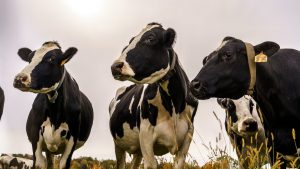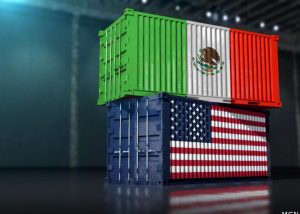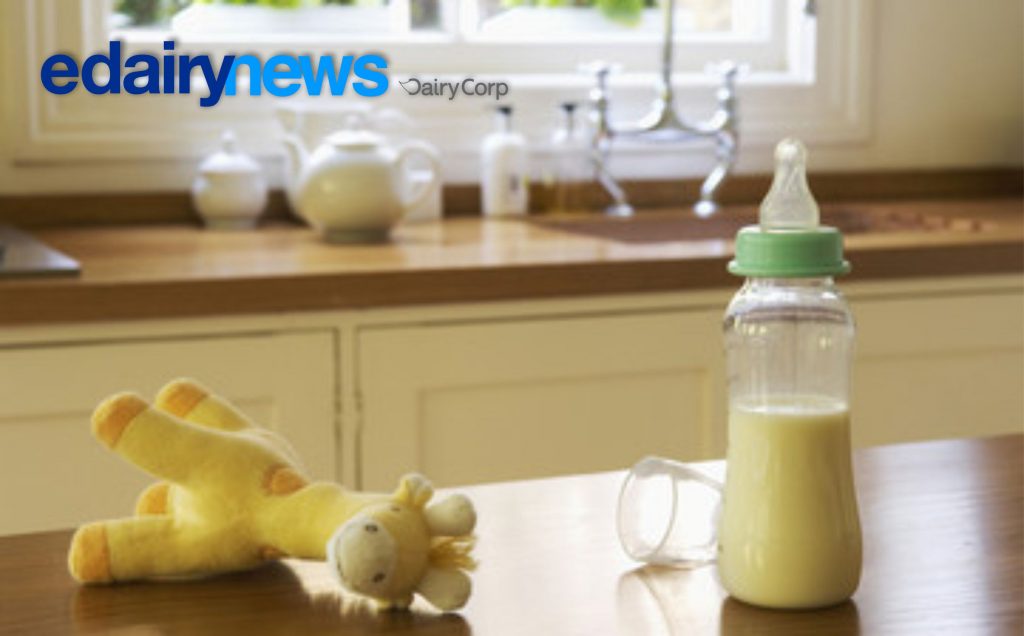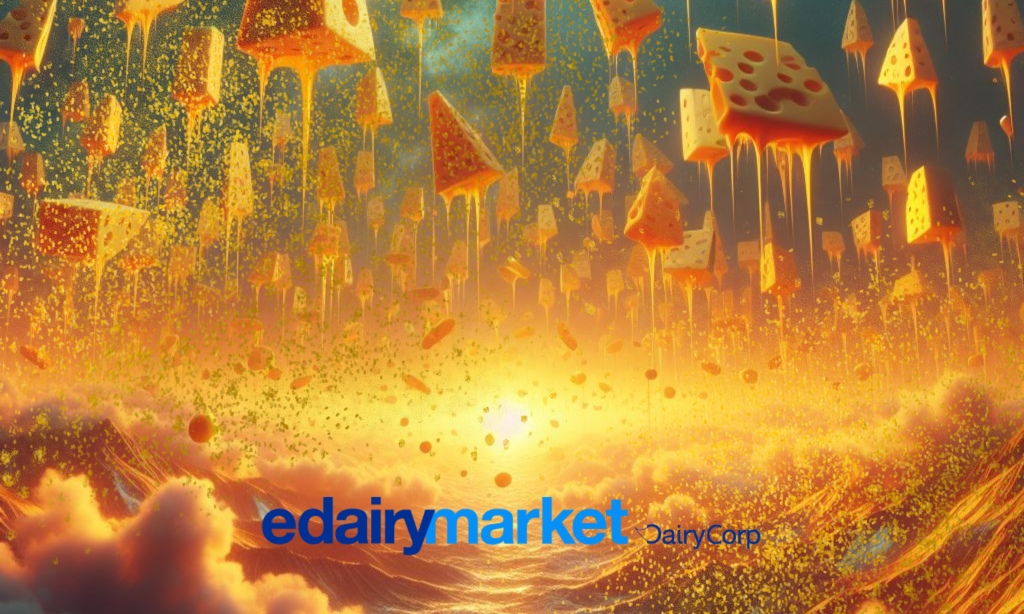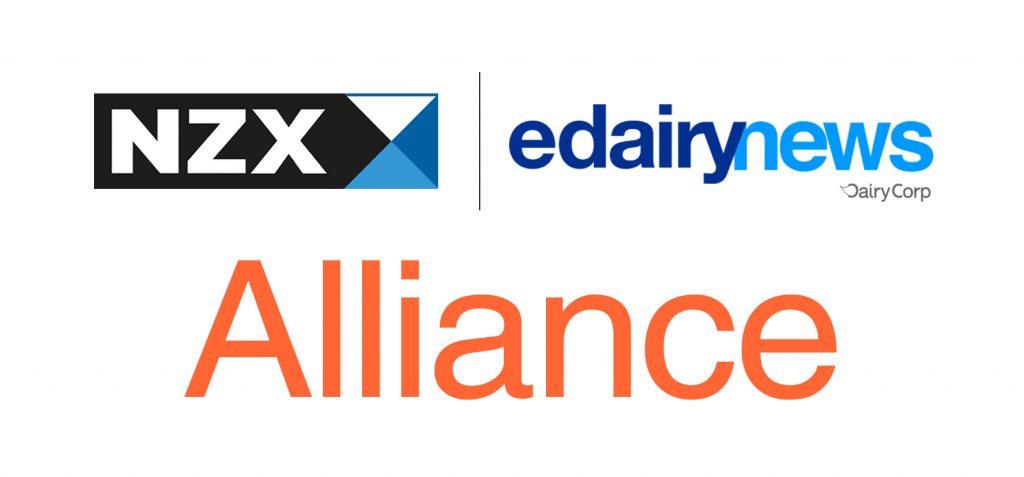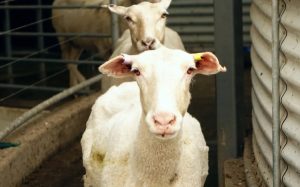The dairy manufacturer, which produced the milk with a co-packer, said similar to other companies it is being impacted by inflation. “We have come to the tough conclusion that it does not make sense for Chobani to be in the Dairy Milk business at this time,” the company said.
The milk was among the latest products introduced by Chobani as it moves beyond its signature Greek yogurt to grow sales and evolve into a total food company.
Dive Insight:
After several years of introducing new products to the market under the Chobani name, the company is making what so far is an unusual move: pulling a high-profile offering it only recently launched.
The ultra-filtered milk was touted by Chobani as a potential disruptor in a category with more than a billion dollars in annual sales. The company’s offering, which was made using a special filtration process to help eliminate lactose and reduce sugar by half, had 2.5 times more protein than traditional milk.
While traditional milk has struggled, the ultra-filtered category has bucked the downward slide, attracting big-name companies in the process.

Coca-Cola acquired the remaining stake in Fairlife it didn’t already own in 2020, adding to the fold the brand’s ultra-filtered, higher-protein and lactose-free milk. Organic Valley debuted ultra-filtered milk and Danone’s Horizon Organic offered its own high-protein milk line. New Zealand’s a2 Milk, which makes a product that lacks a protein that can cause stomach discomfort, also has seen success in the marketplace.
Chobani has thrived for much of its existence in Greek yogurt, which continues to be an area of growth for the company. But much of its innovation in recent years has been focused on bringing the Chobani name into other dairy and non-dairy categories. Since 2019, Chobani has introduced oatmilk, cold-brew coffee, probiotic beverages and coffee creamers. Yogurt generated $1.2 billion in sales for the company in 2020, while its other products posted net sales of $157.7 million.
“We did look at ways to evolve [milk] in order to continue servicing our customers, but at the end of the day, we thought it would be best to focus our resources and prioritize our core products, like yogurt, coffee creamers and oatmilk,” the company said.
Chobani Half & Half, introduced at the same time as the Ultra-Filtered Milk, is remaining in the company’s lineup.
Chobani has not publicly shared how sales of its milk were doing and how many retail locations were carrying it. It’s possible sales weren’t doing as well as the company liked, or not as many stores opted to carry it as initially expected.
Chobani seemed to hint in its statement that inflation made it too costly for the company and its co-packer, so it’s possible it no longer made financial sense to keep producing the milk. It makes sense for Chobani to devote more of its finite dollars and resources toward growing and innovating products that have shown more promise.
The decision to end production of its ultra-filtered milk comes amid a tumultuous time for the New York dairy maker.
In March, Chobani hired its former president and chief operating officer Kevin Burns to return to the position after his predecessor, Peter McGuinness, left to run Impossible Foods. It’s uncertain whether Burns played a role in ending the production of the company’s milk. Earlier that month, other executives joined McGuinness in leaving Chobani, and the company announced plans to delay its long-awaited IPO until later this year or 2023.
Christopher Doering @cdoering


